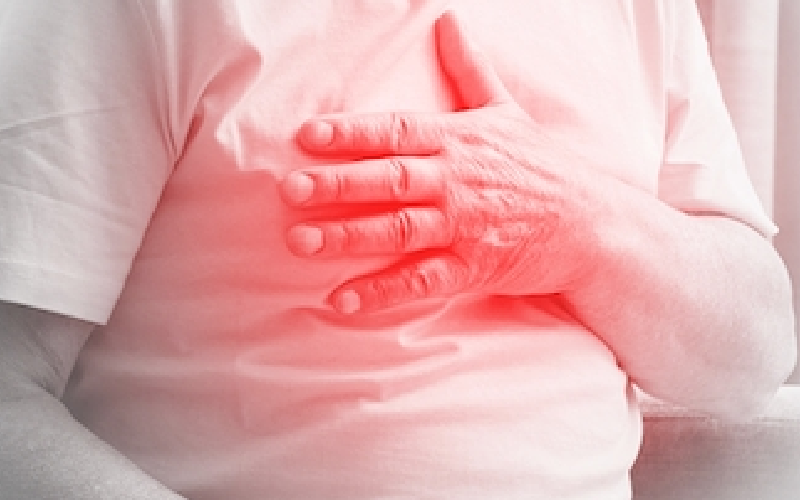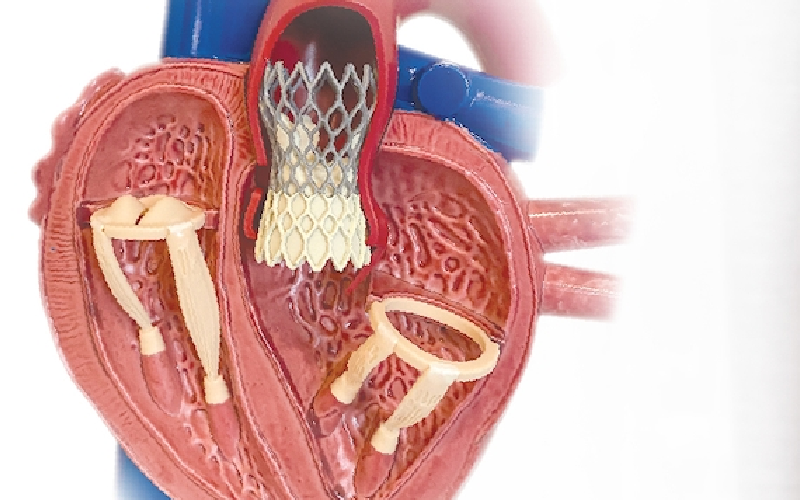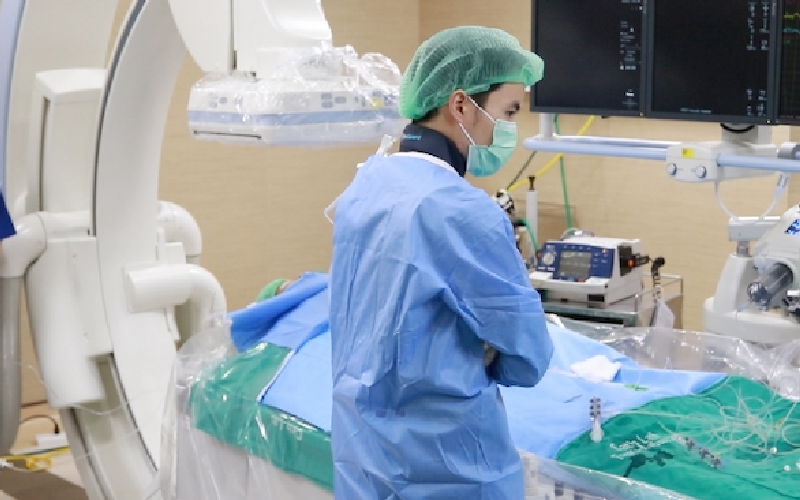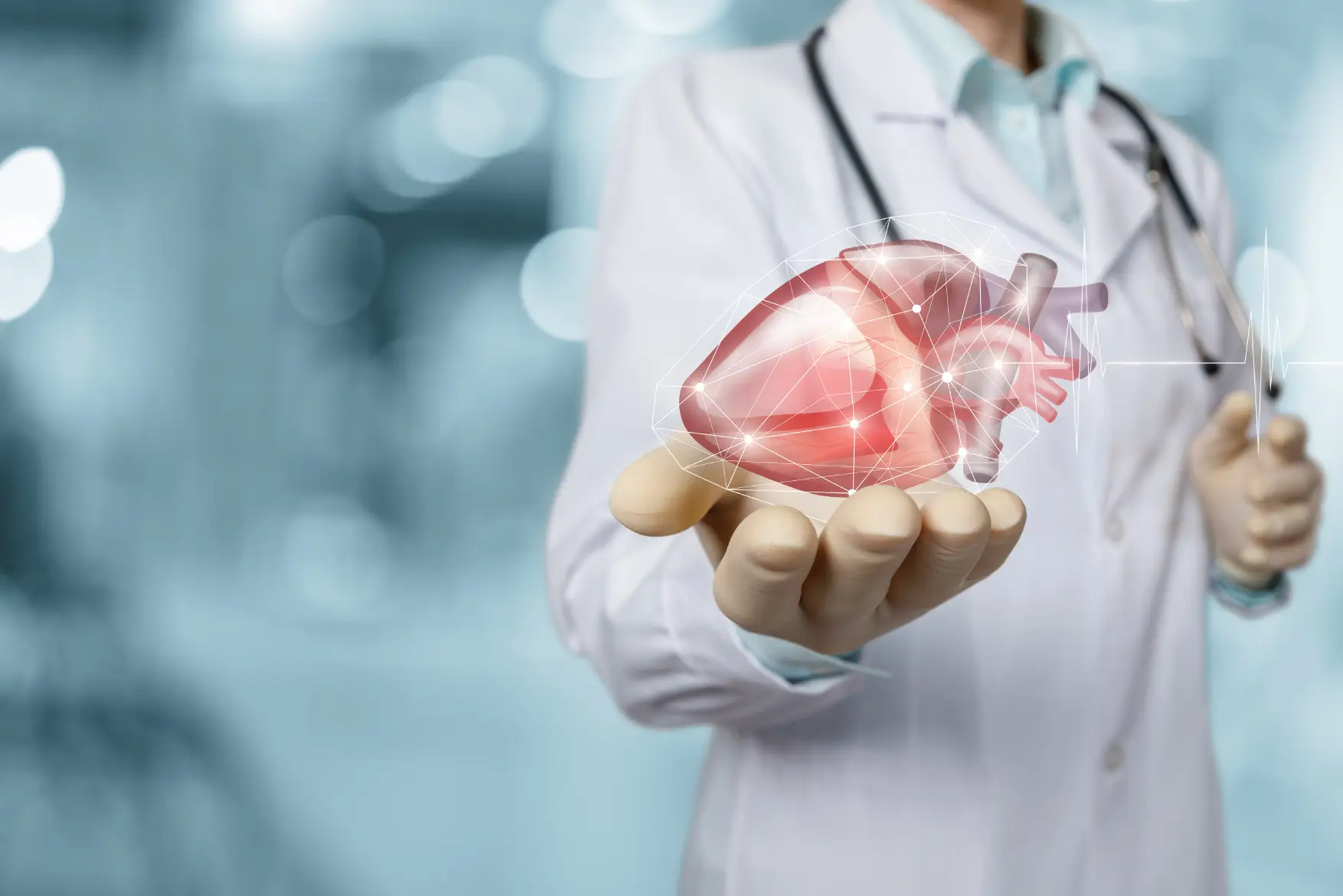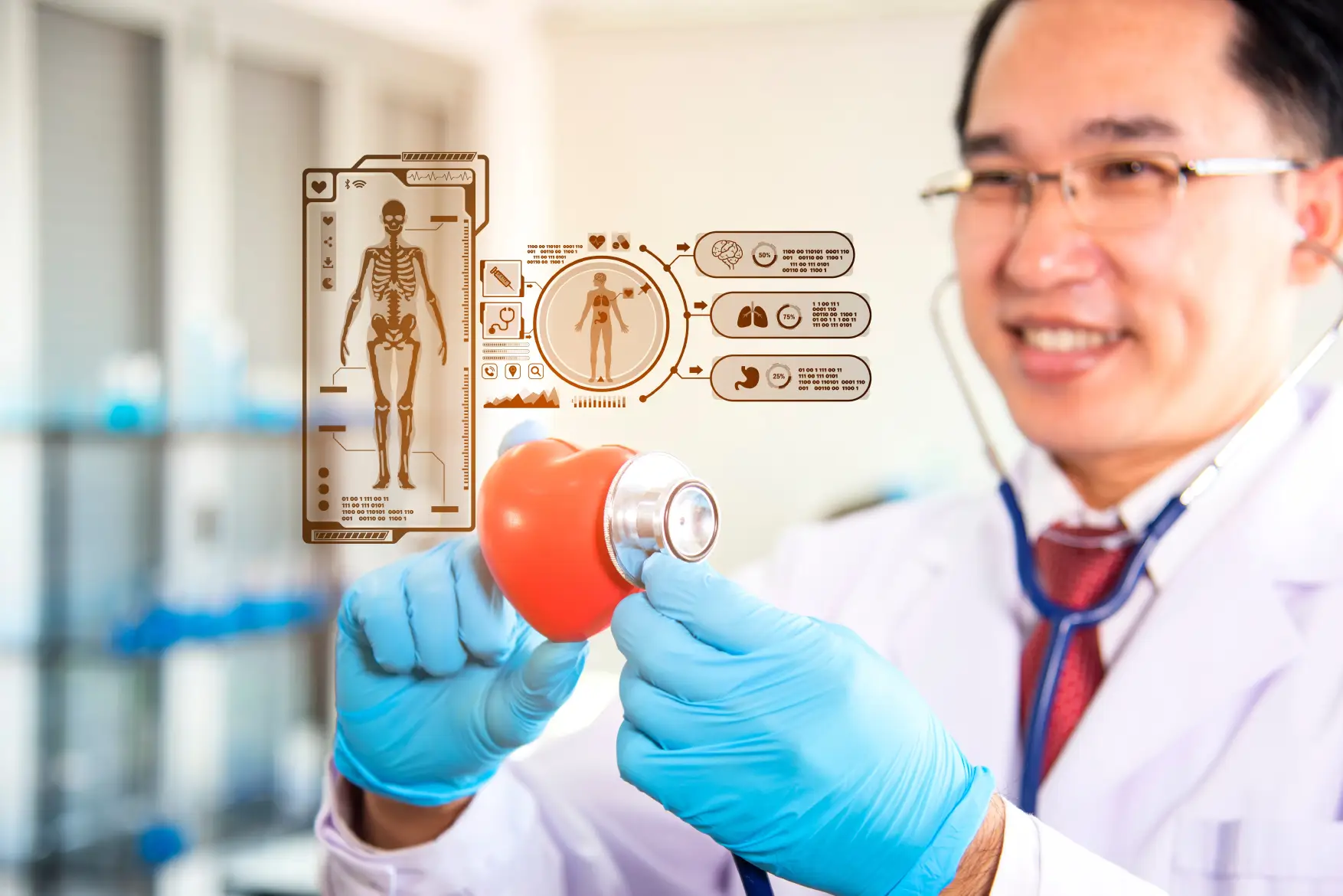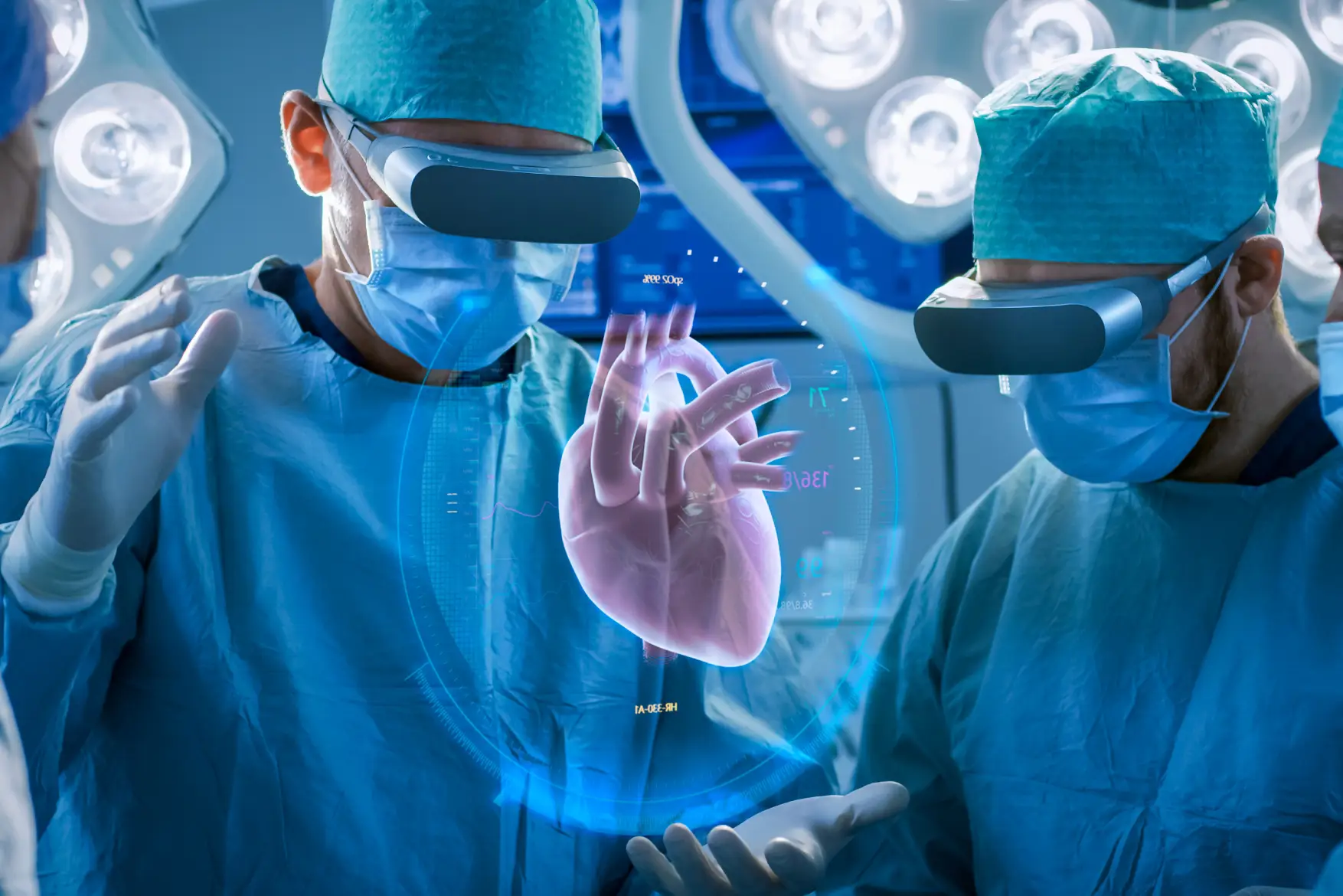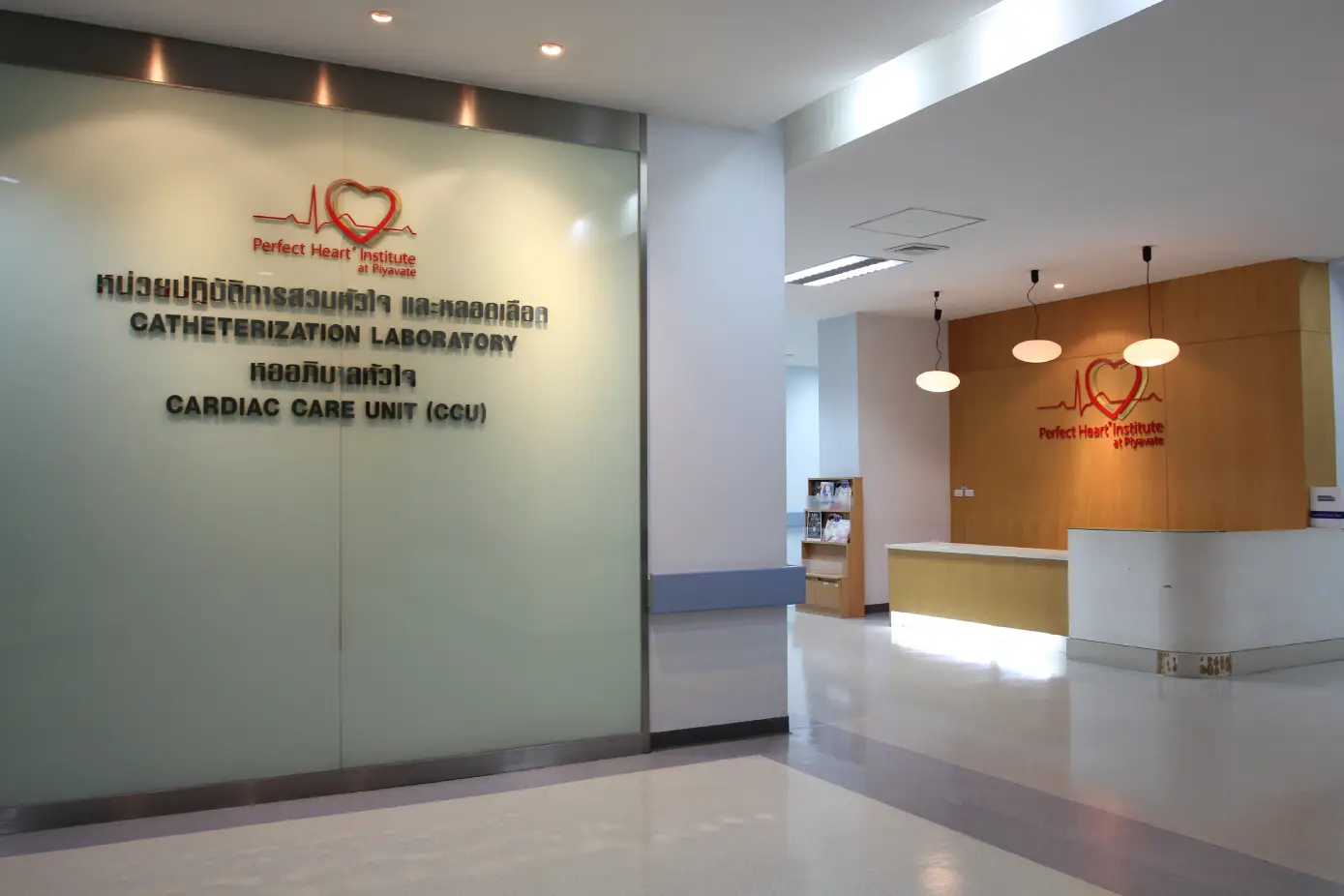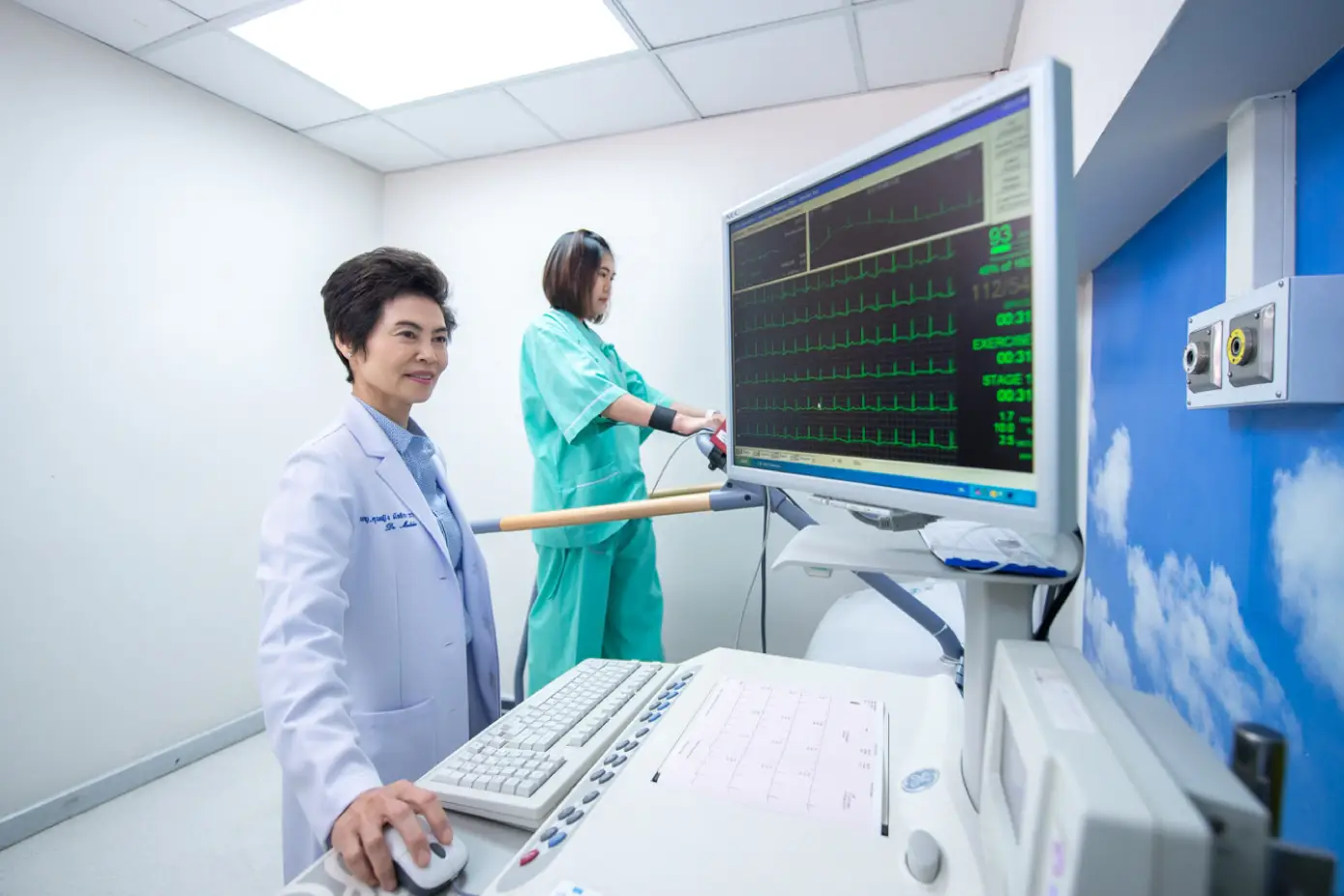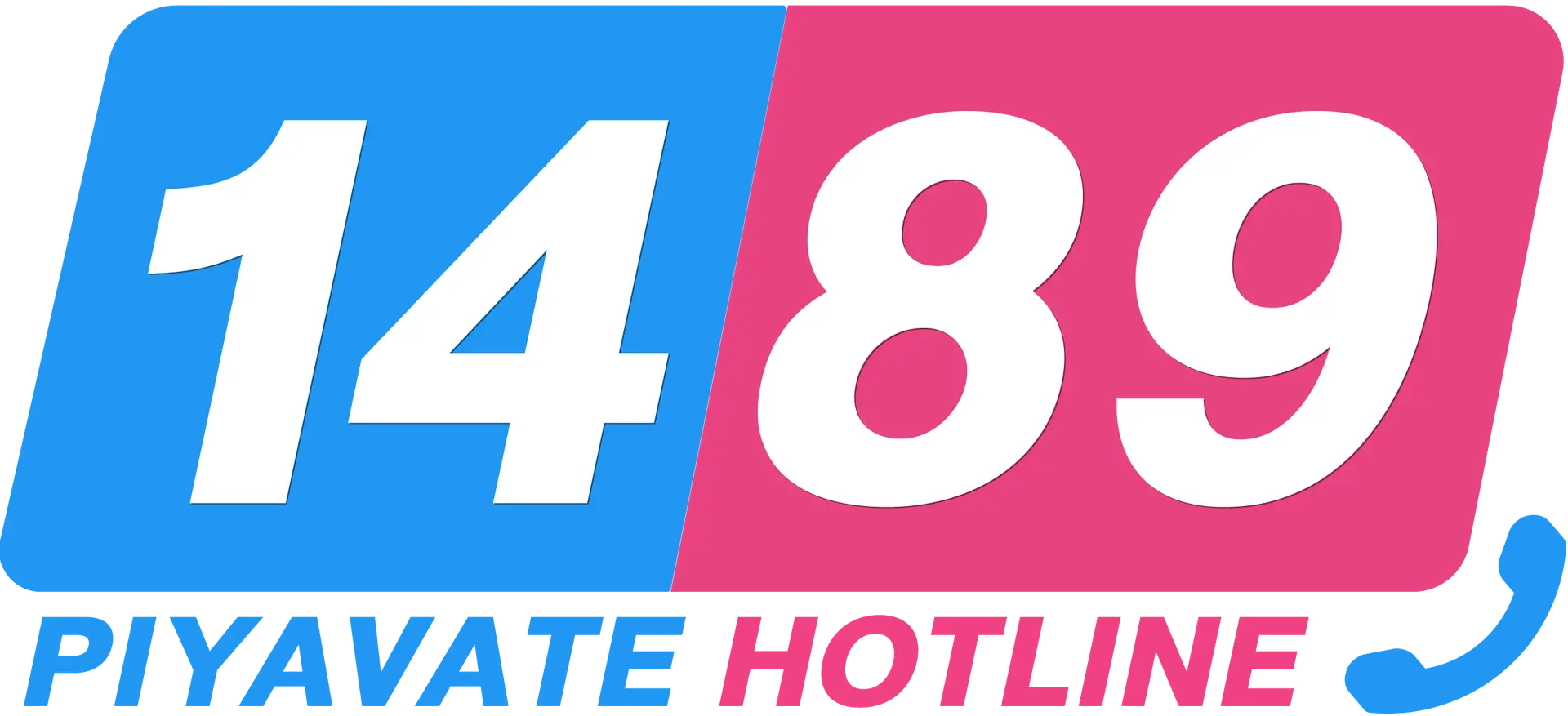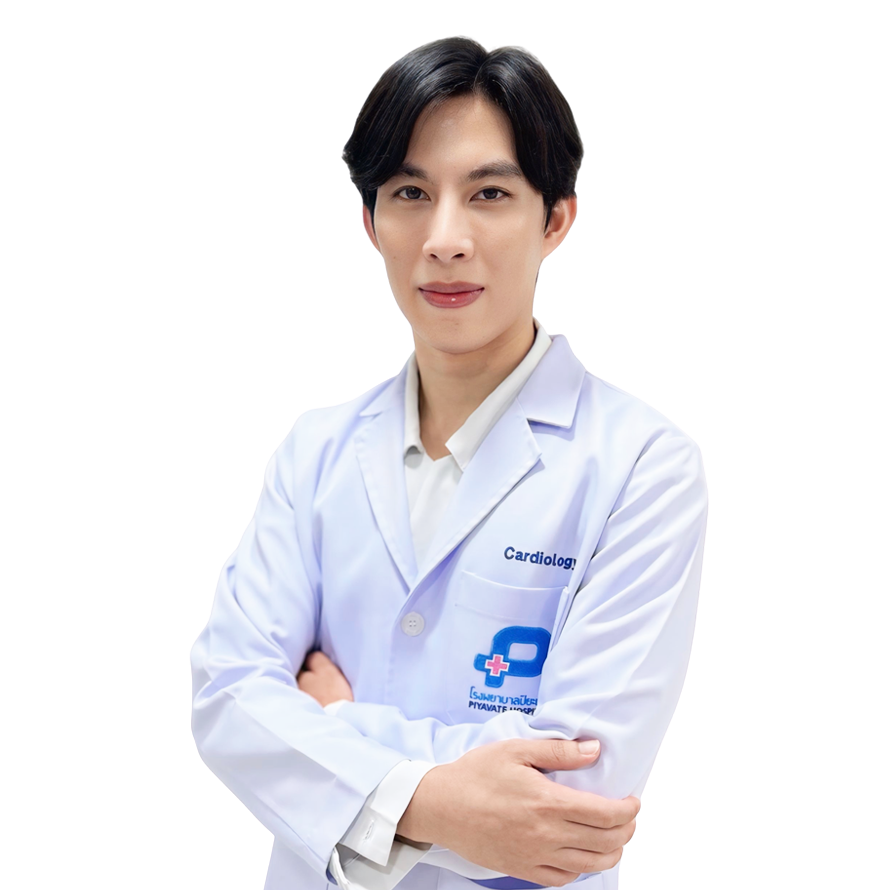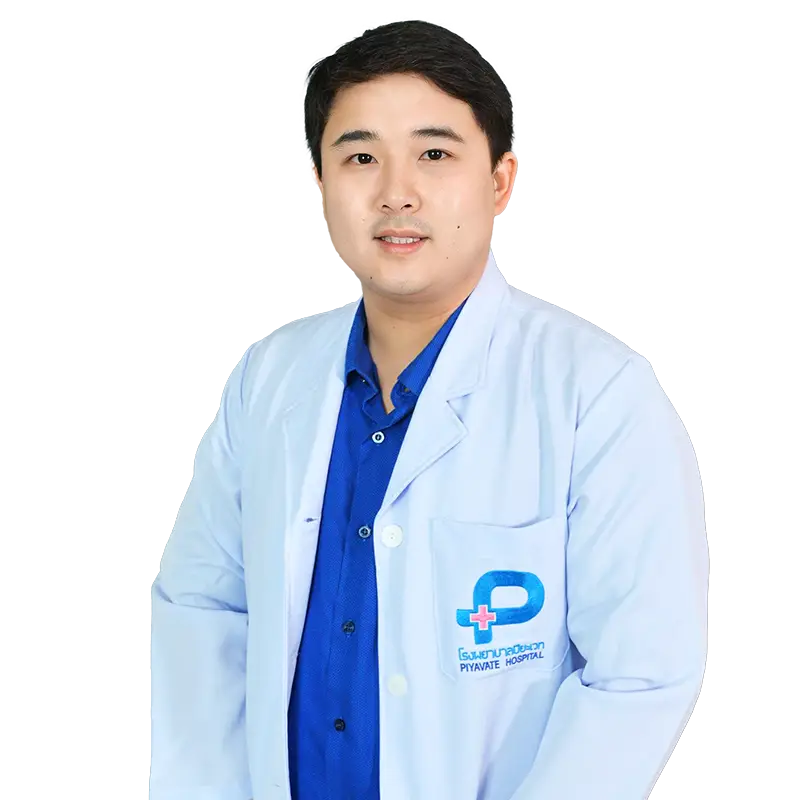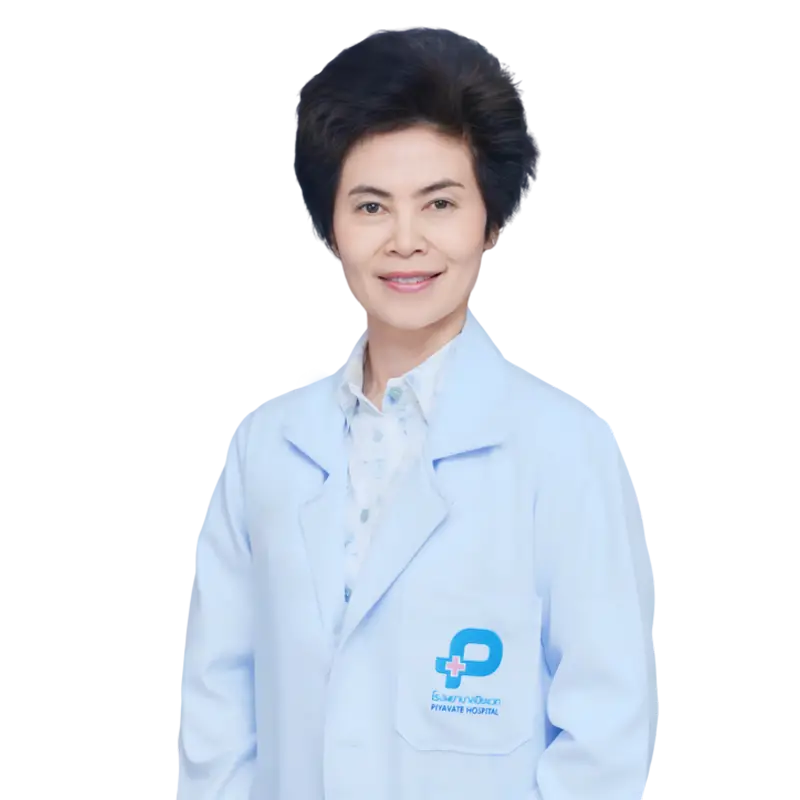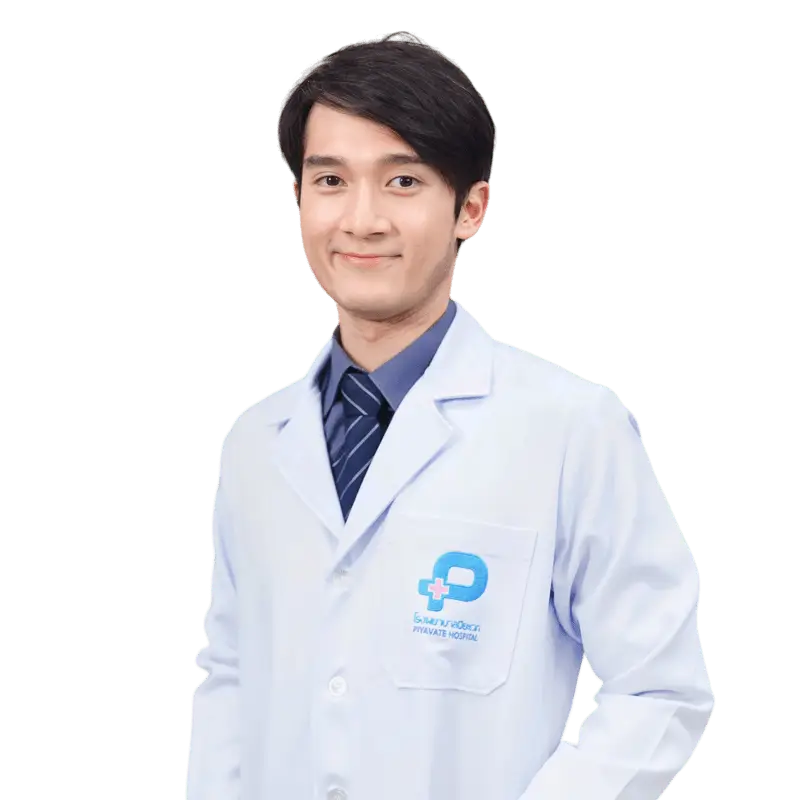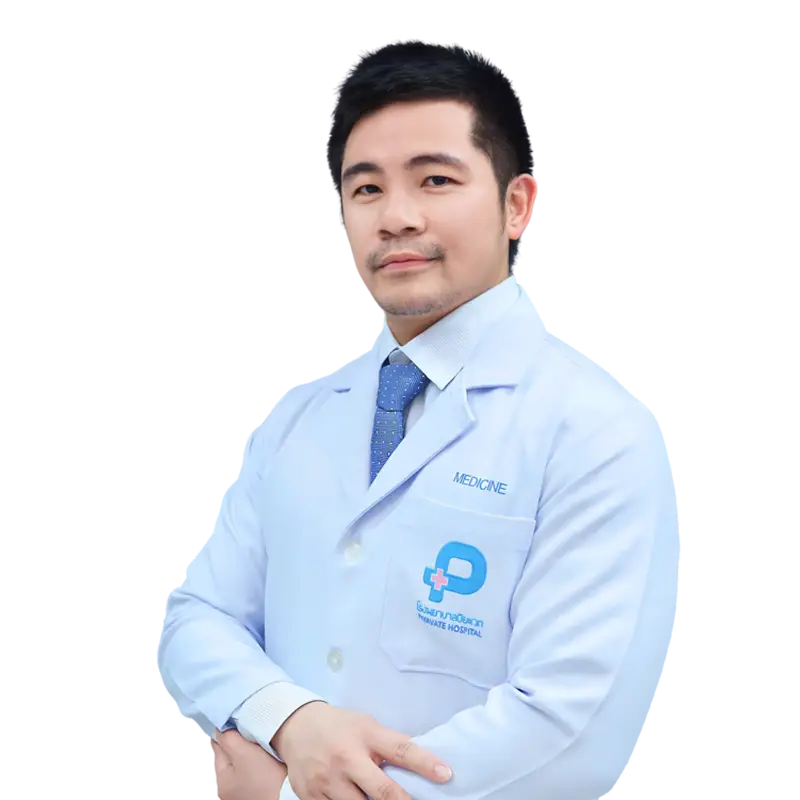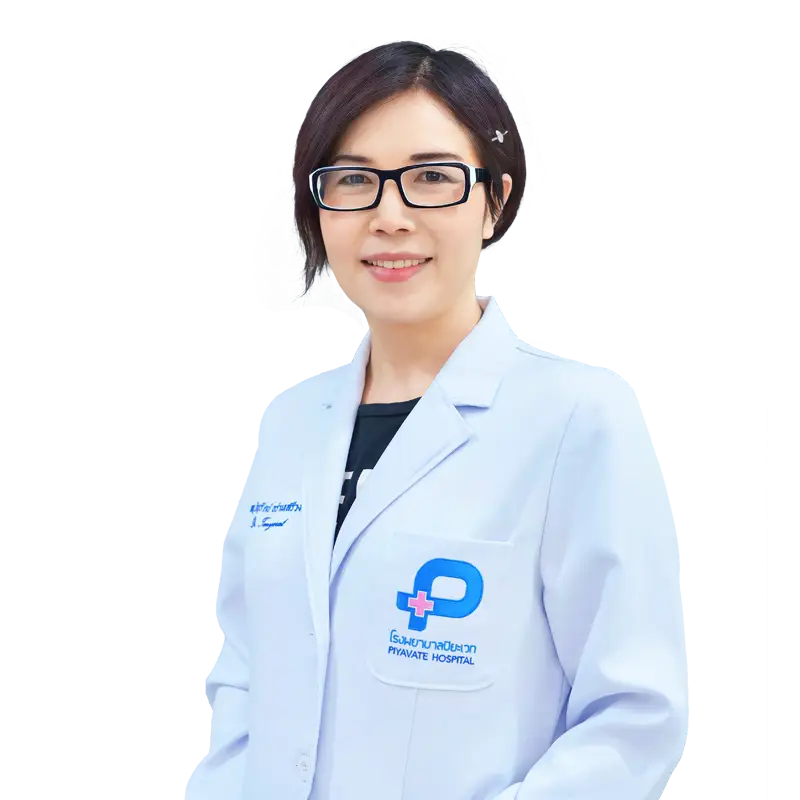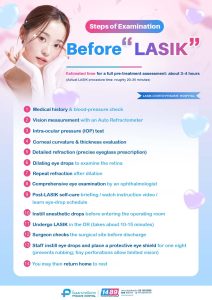- Heart Center
About
Our center is fully equipped to handle all heart-related emergencies, ensuring comprehensive and compassionate care for your heart. We utilize state-of-the-art medical technology and advanced treatment techniques performed by a multidisciplinary team of expert cardiologists. This enables us to minimize diagnosis and treatment time while maintaining high-quality, effective medical outcomes.
"Because the human heart works 24 hours a day without rest,"
In addition to emergency and treatment services, our Heart Clinic places great emphasis on cardiac rehabilitation, ensuring that patients recover fully and maintain long-term heart health.
Medical Services
- Cardiac Diagnostic Tests
- Echocardiography (Ultrasound of the Heart)
- High-Speed CT Scan for Heart & Blood Vessels
- Magnetic Resonance Imaging (MRI) for the Heart & Blood Vessels
- Cardiac Catheterization (Angiography & Interventions)
- Heart Surgery
- Vascular Surgery for Various Conditions
- Treatment for Coronary Artery Disease (Blocked Heart Arteries)
- Congenital Heart Disease Treatment
- Tilt Table Test for Fainting Diagnosis
- Emergency Cardiac Care with the Perfect Heart Ambulance – a fully equipped cardiac emergency response unit designed to save lives in critical situations.
Our Team
Our team of heart specialists includes highly trained professionals from leading domestic and international institutions, working collaboratively to provide specialized, patient-centered care. The team includes:
- Cardiologists
- Cardiac & Thoracic Surgeons
- Cardiac Radiologists
- Pediatric Cardiologists
- Cardiac Rehabilitation Specialists
- Cardiac Anesthesiologists
